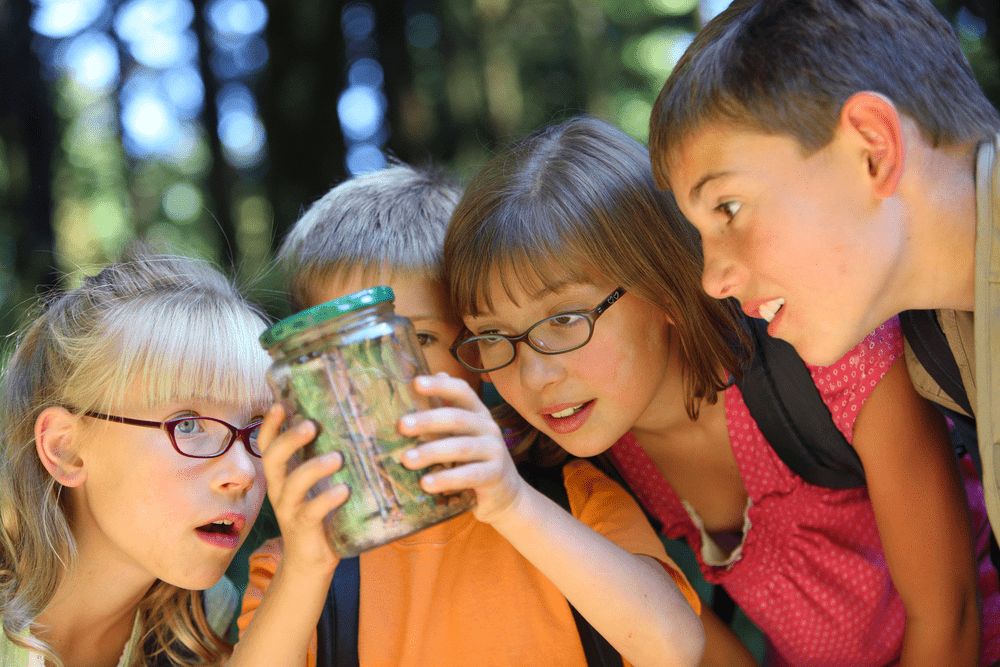Clubs and Afterschool

Clubs and After-school
In the world of after-school there are 3 Rs—relationships, relevance, and rigor, which stand as a litmus test in selecting the activities that we do with youth. If the activity can meet the test posed in these three words, then chances are, it will be a winner with young people. Clubs are one of the most effective ways to do this. There are several key elements in the nature of a club that make it a perfect fit for afterschool.
In order to have successful clubs, the first thing you must do is get input from the students and from the staff. From students, find out what they are interested in learning about and/or doing. From the staff, determine what they already are skilled at doing and where the interest lies for them as well. For example, you may have a group of youth who are very interested in cooking (or at least eating). If you have a staff member who has been taking culinary cuisine classes in college, you may have a match made in heaven. If you take the time to get input in the beginning you will have a better opportunity to build this input into involvement, buy-in and finally ownership—the ultimate tell of a strong club.
The second important thing about clubs is that they offer young people choice. Choice is incredibly important for young people. So often, young people are either put in the position of making a forced choice—select a or b it’s the only option, or make no choice at all about how they spend “free” time. If you offer 4-6 different types of clubs, as a youth I am truly having an opportunity to choose. Once I’ve made a choice I am much more likely to be supportive of the choice I’ve made.
Third, clubs provide a terrific opportunity for young people to explore interests. How in the world can a young person know if he is an actor if he never acts; a scientist if she has not had the opportunity to participate in a science fair; an artist if he has never been given the opportunity to explore the talent. Clubs give young people an opportunity to explore an interest, and then because they only last 4-6 weeks, if a student decided he is not interested in the club any more, he also knows that in a matter of a few days he will be able to make another choice.
Fourth, clubs provide an opportunity for young people to work together with others who have the same interests. Learning to work together as a team is an important skill—but working as a team with others who have similar skills sets, who have, perhaps, thought more deeply about the topic than you have, can only serve to support growth and development. It is a great deal like playing a sport. If you want to get better at tennis, then you need to play tennis with opponents that are slightly better than you are so you can improve.
Clubs provide the perfect opportunity for implementing project based learning that take young people through a series of lessons and activities and culminate in a final event or showcase.
If you do not have clubs in your after-school program, give them a try. You may discover that clubs are just what you need to strengthen your program.
C4K is ready to help you get started with clubs, especially if you are going to be holding them virtually. Contact us at support@consultfourkids.com
